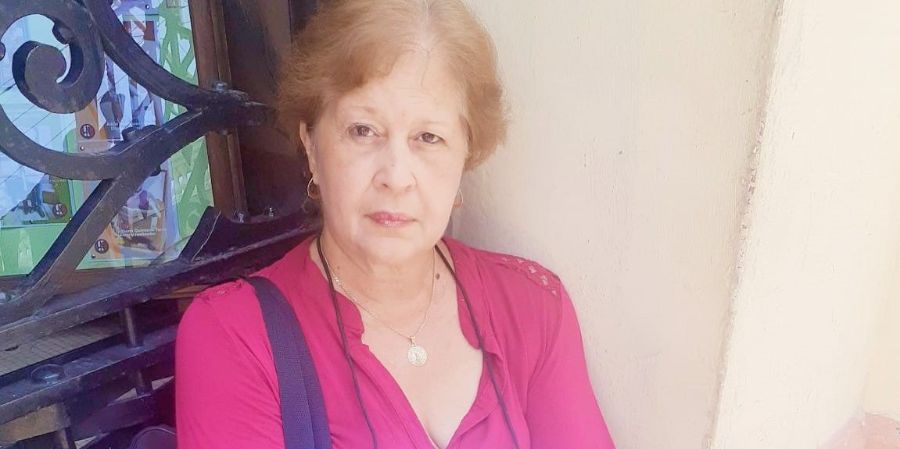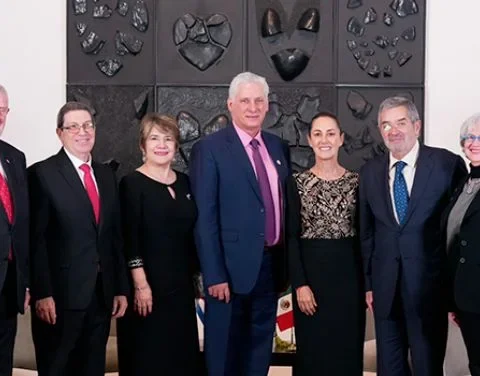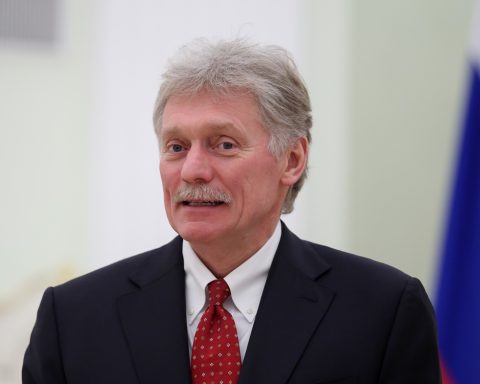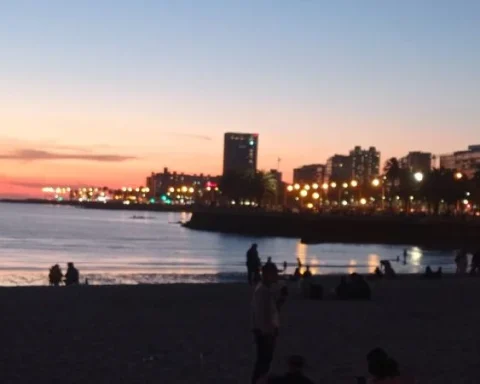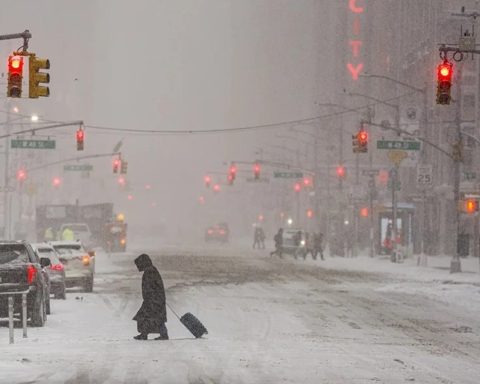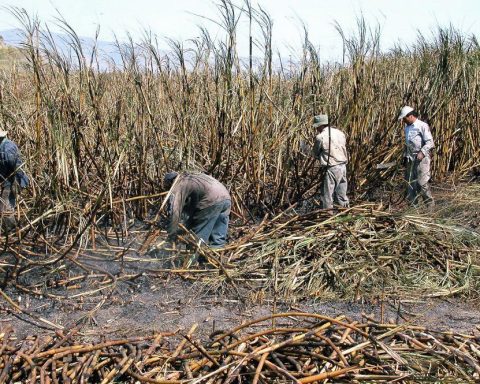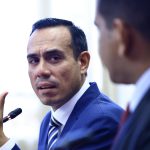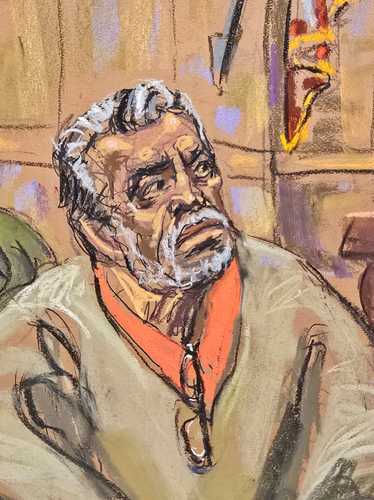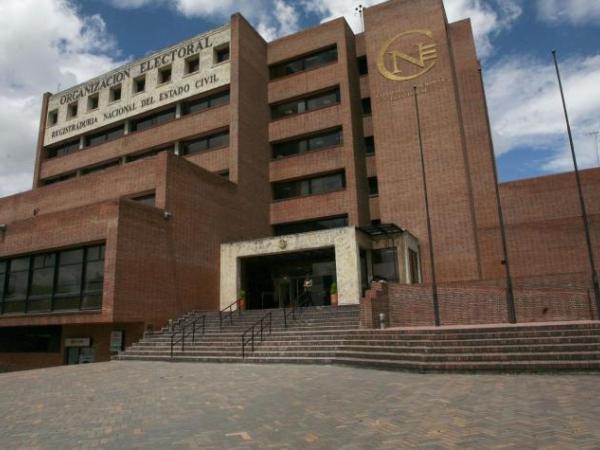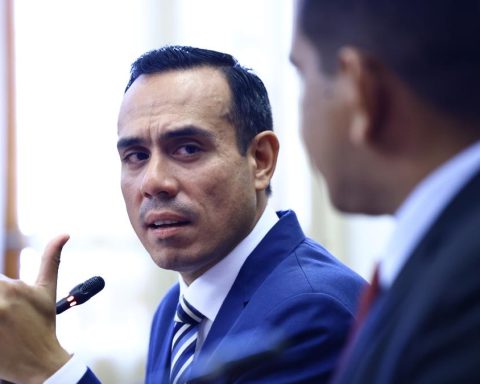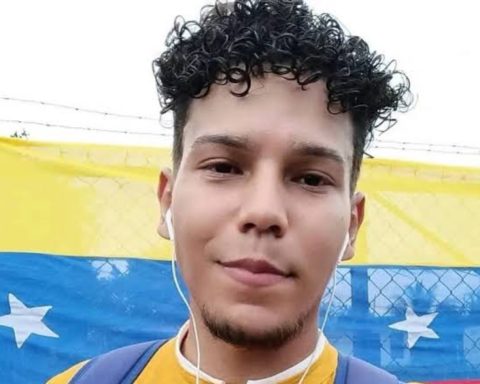AREQUIPA, Peru – Cuban professor and historian Alina Bárbara López sent a message to the people and the regime of the Island after holding her usual peaceful demonstration that takes place on the 18th of each month in the Freedom Park of Matanzas.
“The worst thing there is is to live in fear. In Cuba, almost everyone feels afraid: the citizens because they fear state repression; the State because it knows that if that fear weakens enough, it is lost,” wrote on Facebook the also political scientist.
The academic’s reflection also transcends in the midst of the energy collapse that since this Friday has plunged the entire Island into a blackout. The historian describes the current crisis in Cuba as “dramatic” and “irreversible.”
According to López, a country where fear reigns cannot grow, change, or serve as a home for its people. In this regard, he quotes the former law professor, René Fidel González García, who said: “on the other side of fear is the country we dream of.”
The teacher explains that this premise operates both for citizens and for the Cuban State.
“Those who govern Cuba no longer have anything to prove. No new promise. No new slogan. No new concept. It is true that the government manages to stay in power. But staying in power through repression does not mean having control of the situation,” he highlights.
Although many citizens ask that the dictators and other leaders of the Castro regime leave, López believes that this is not a realistic perspective.
“In addition, things now depend less on what the government is capable of doing than on us. And don’t think that with this I am calling for violence. I am calling for awareness on both sides: citizens and the State (…) Rock bottom has been reached. It’s time to go up,” he emphasizes.
On September 12, Alina Bárbara López was expelled of the official National Union of Writers and Artists of Cuba (UNEAC), after being accused of carrying out “activities against the revolution.” The decision, which does not allow appeal, was communicated to him during a meeting in Matanzas, where the Provincial Committee of the organization notified him of its definitive separation.
This fact adds to the series of repressive actions by the regime against the academic, which have intensified in recent months.
Through a publication on her Facebook profile, the historian described the details of the process, highlighting that the officials refused to give her a written copy of the document containing the accusations, under the pretext that it was a “verbal communication.”
The alleged reasons for the expulsion include carrying out activities “against the revolution”, publishing criticism of the Cuban leadership in media such as The Young Cuba and CubaxCuba, and their support for the protesters of July 11, 2021 (11J). She was also accused of “incurring serious crimes” contemplated in the Penal Code, specifically disobedience and attack.
López defended his right to freedom of expression and peaceful demonstration, rights recognized in the Cuban Constitution.
